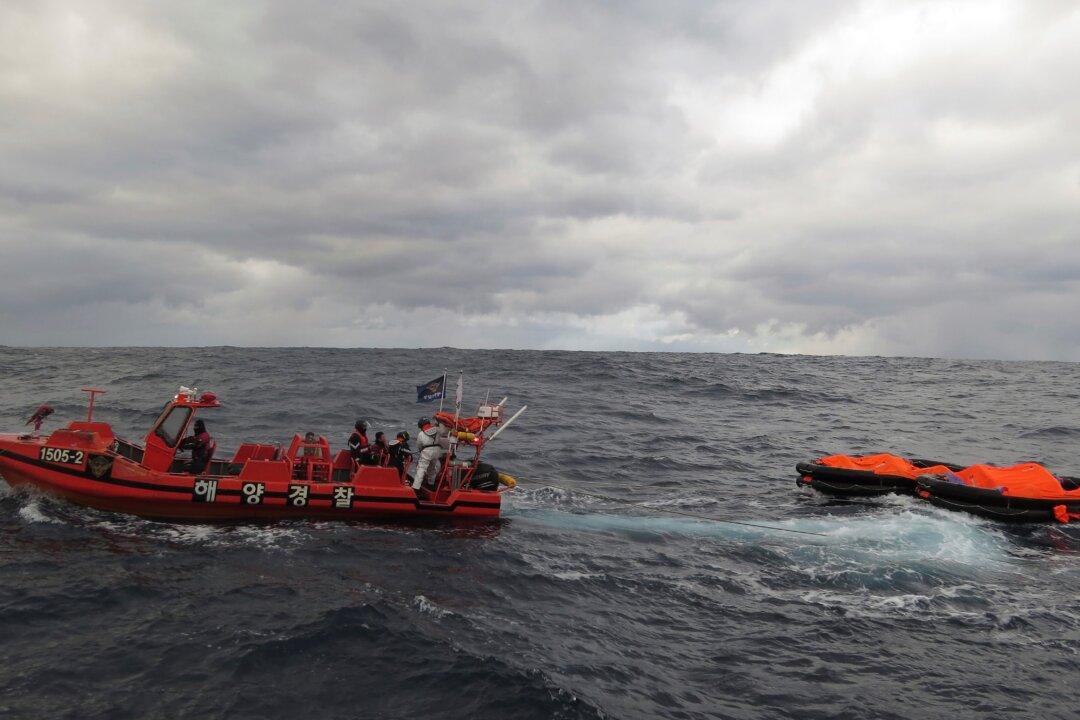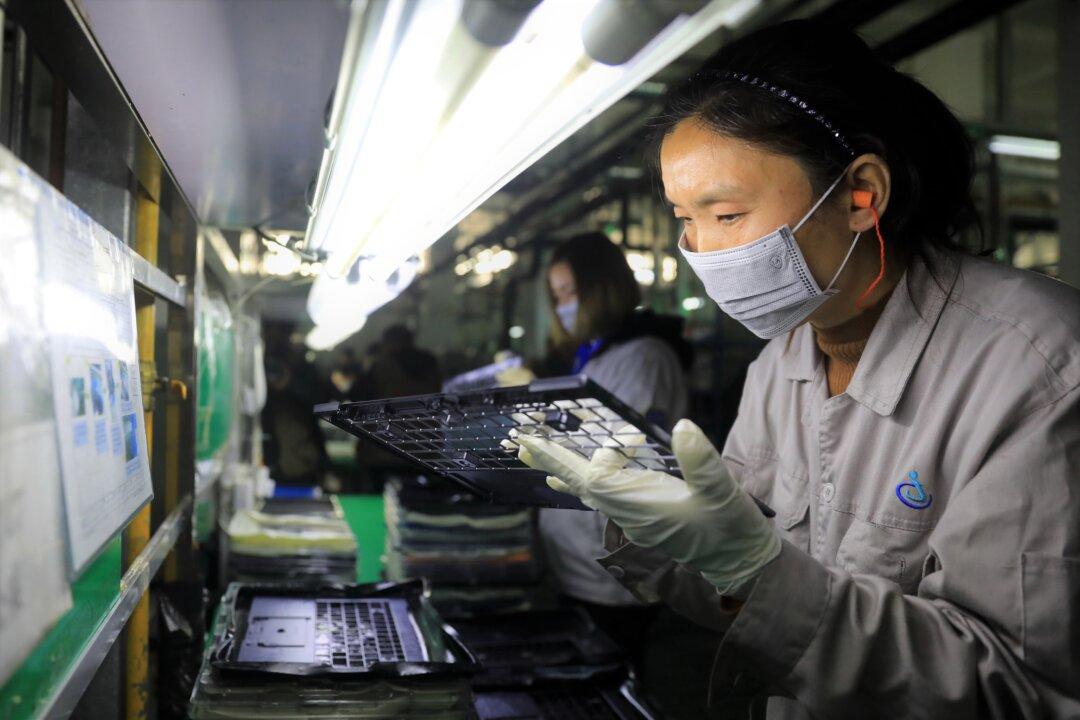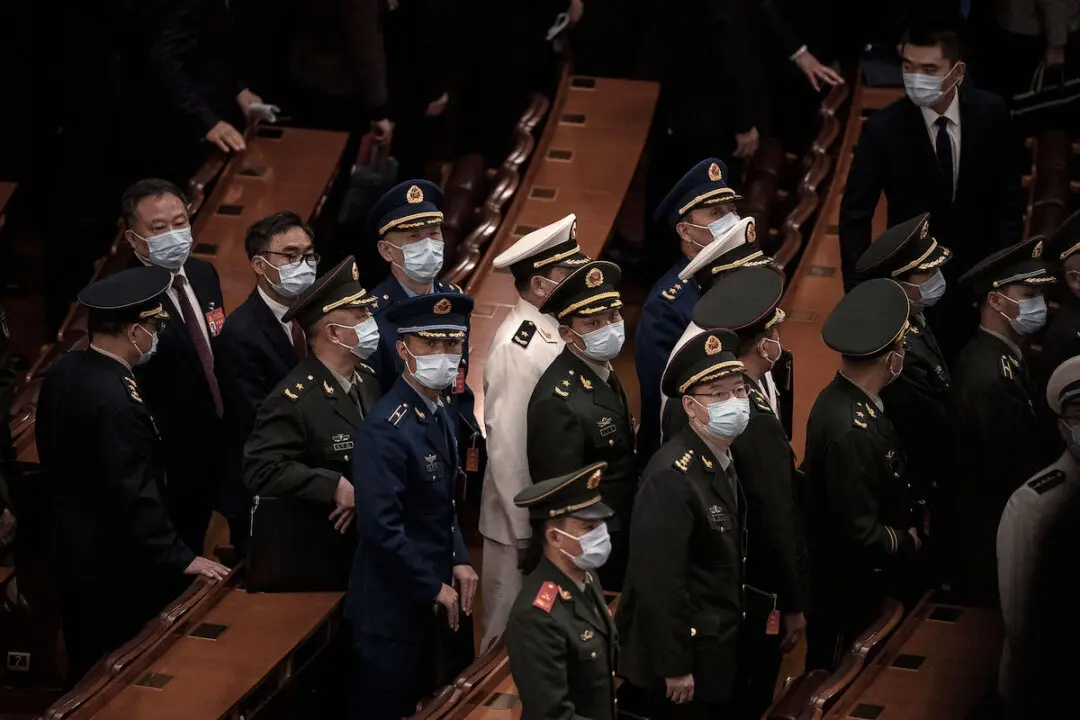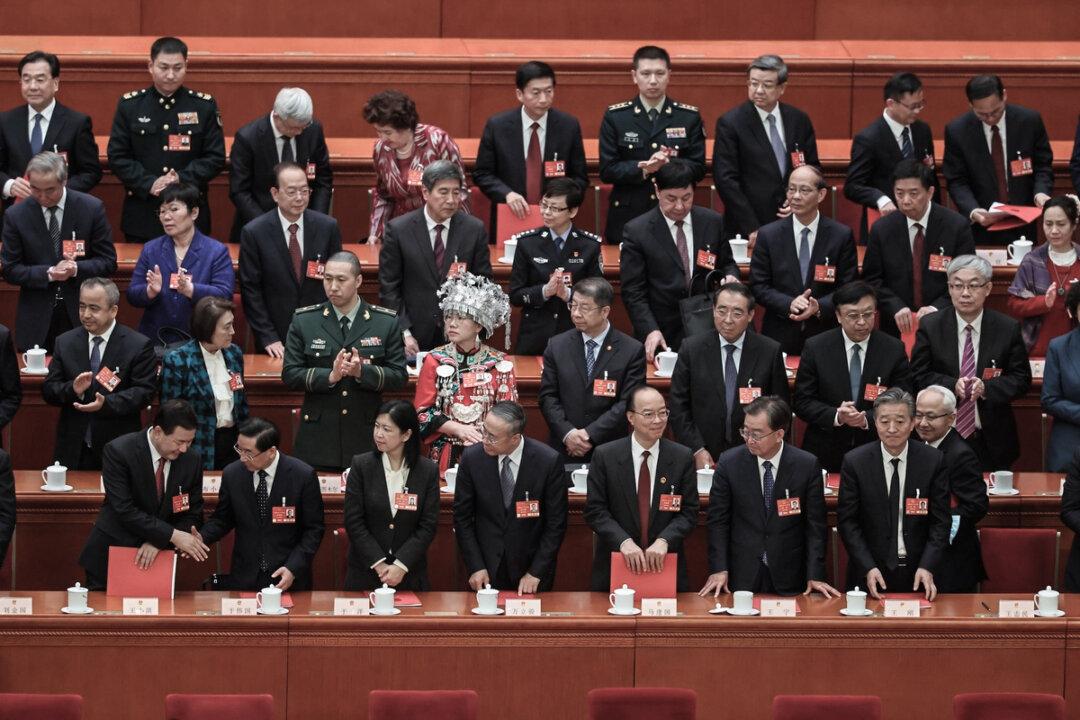Chinese fishing fleets have been engaging in illegal fishing to assist the Chinese Navy and Coast Guard in competing with neighboring countries for maritime territories and resources. China’s illegal fishing has been ongoing in the disputed waters with South Korea. Recently, South Korean President Yoon Suk Yeol demanded that the Korea Coast Guard respond forcefully to safeguard South Korea’s national security.
On April 9, President Yoon boarded one of the Korea Coast Guard’s patrol ships stationed in Incheon, inspecting the situation of illegal operations by Chinese fishing boats during the peak crabbing season.






